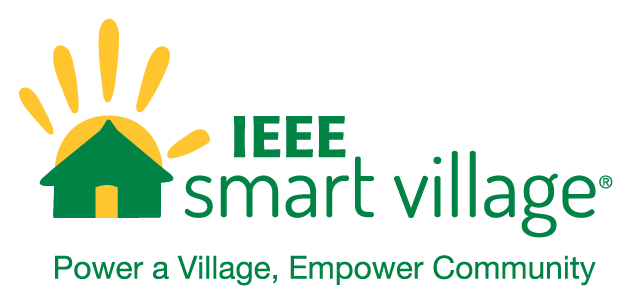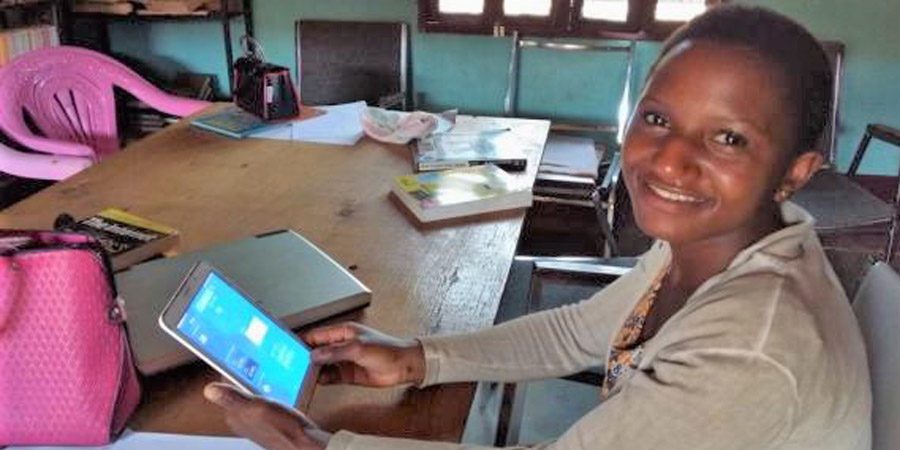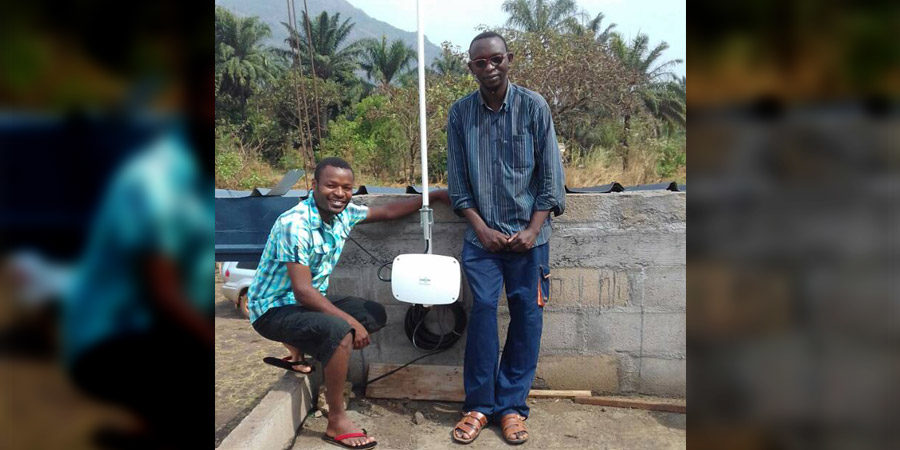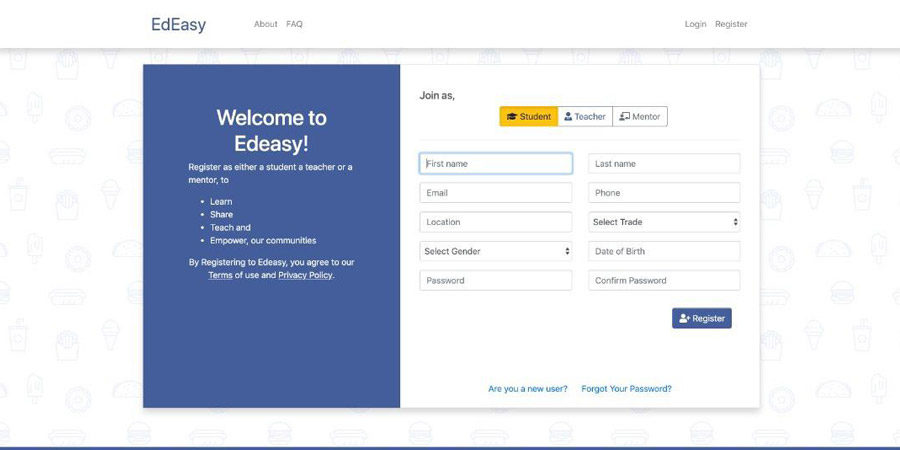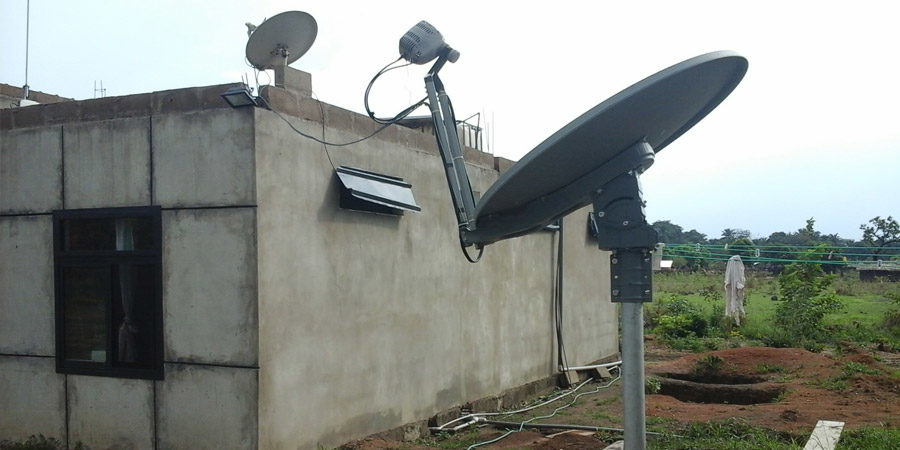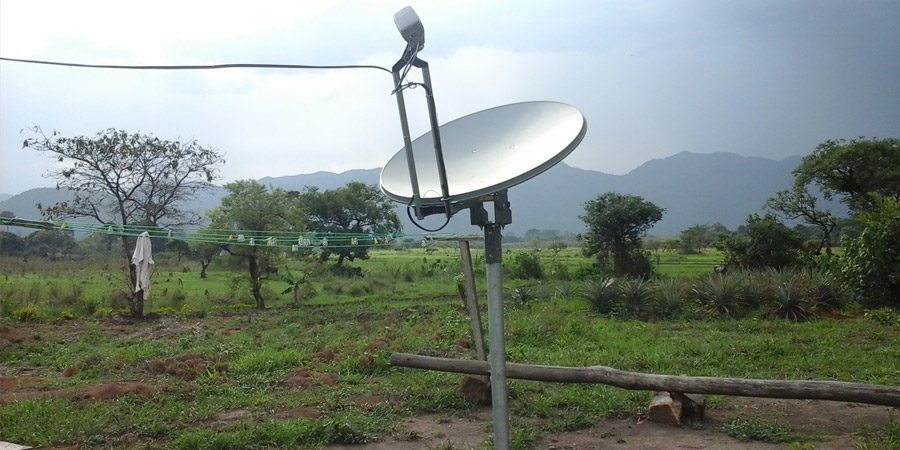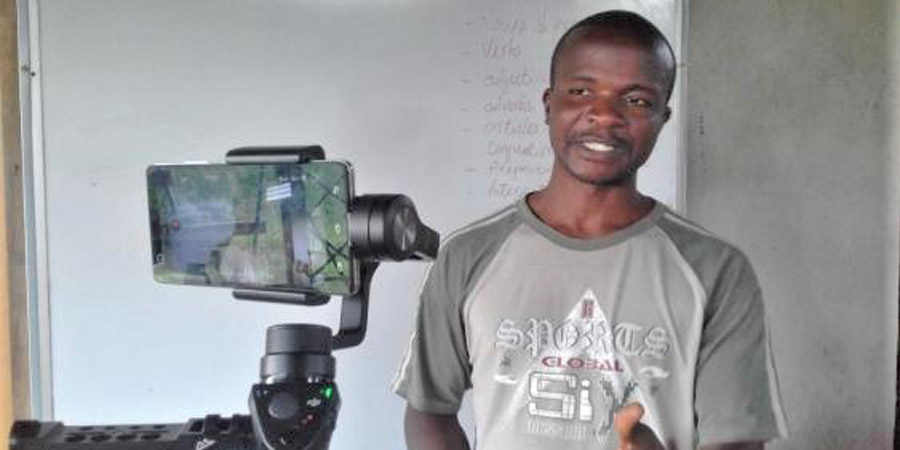Renewable Energy Innovators – Cameroon
In the northwest region of Cameroon, classrooms in villages around Sabongari need modernization. REIc is purchasing computers for digital classrooms and providing Internet access.
These upgrades will support English as a Second Language studies, mathematics, and IT vocational training.
https://rei-cameroon.com
The Sabongari community of northwest Cameroon comprises more than 30 villages, all of which lack electricity. The lack of infrastructure inhibits development in the community, and is detrimental to the villagers’ health and safety. The population of Sabongari increases every season, due to farmers migrating from neighboring towns and villages. However, the majority of families cannot afford education and struggle with the scarcity of employment opportunities.
Despite an increase in apprenticeship programs, most adults struggle with basic literacy and numeracy, such as addition, subtraction, writing the names of their clients, or understanding the state of their business. Most micro-entrepeneurs lack a fundamental understanding of the importance of quality assurance, technical innovation, or communication skills that are necessary to drive business and personal development.
In 2018, the ISV Education Committee awarded Renewable Energy Innovators $50,000 USD with the support of IEEE Power & Energy Society to establish a community-based online education program to complement existing vocational programs by providing access to basic English and Math classes to the trainees and trainers of all vocational centers in Sabongari.
The education program will also offer digital courses and IT training at the REIc library, which is also the center for delivery of the online education content through a community-wide intranet. Education content is being created by local experts and offered through affordable courses on a smartphone app developed by a local software team. Basic internet access is also being provided through a satellite link connected to a local Ethernet network.
Community Impact Data
| Population to be reached | 8000 people in 30 villages with expansion planned to 1200 villages |
| Desires expressed by local community | Increased school attendance, more affordable education, improved literacy, vocational & entrepreneurial training |
| Number of schools | 5 elementary, 5 primary, 3 secondary, 2 vocational |
| Numbers of students per school | 400 per school |
| Percent of educated youth who return | 20% |
| Immediate needs of schools | ICT classes, textbooks, water, sanitation, internet access, after-school programs, vocational training |
| Adult literacy rate | Men: 50% | Women: 30% |
| Jobs to be created | Sustainable agriculture, food processing, tailoring, welding, carpentry, construction, solar installation |
| Technologies & education provided | Local community intranet and internet access with education content delivery with affordable pay-as-you-go courses developed by local subject matter experts and qualified teachers |
